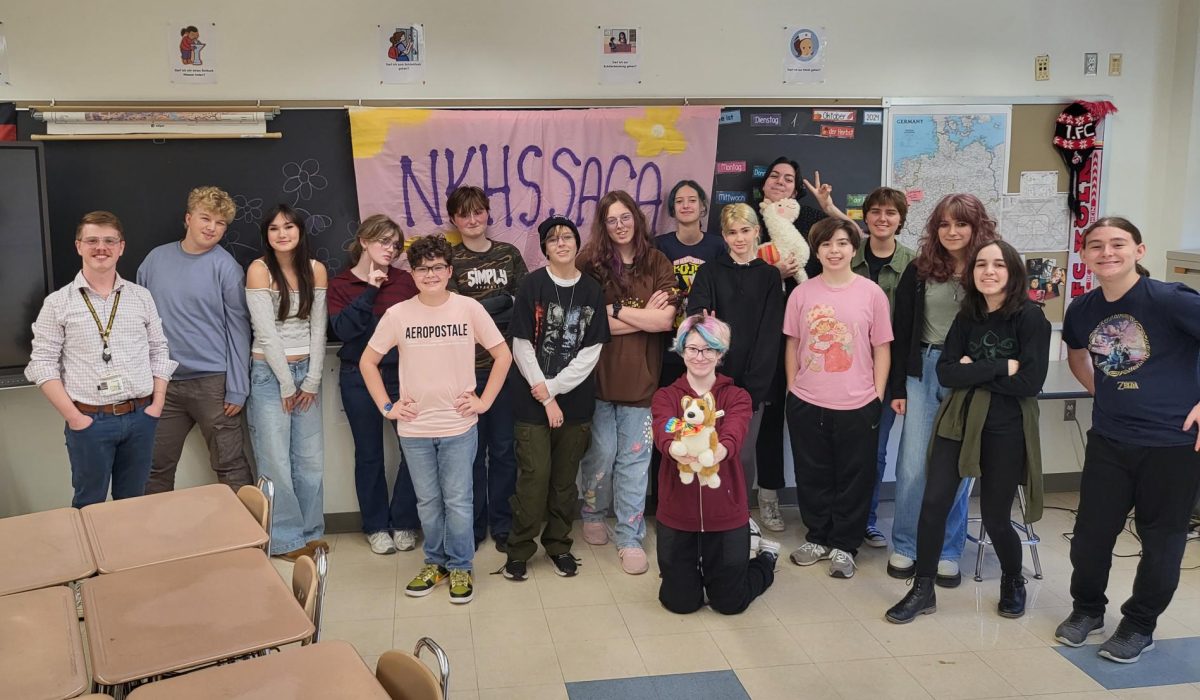International students and their difficulties
January 25, 2023
Moving to a new country could be a new adventure full of excitement and challenges. It’s a great opportunity to learn a new culture, meet new people, try different food, etc. But as with any other challenge, moving to another country is a really hard thing to do.
Although moving to another country is very hard, usually for teenagers the most difficult thing is adjusting to a new school. International students experience many challenges in various areas, including language barriers, social and cultural differences, and even discrimination. One of the problems that international students go through is enabling conversations. Many international students learn English in their native countries, but as learning any other language, they often don’t know how to use slang or they are less familiar with them. This can make the conversations very difficult to understand.
They can be scared of asking for clarification; most international students won’t ask others to explain things they struggle with, for fear of their lack of understanding being seen negatively by their teachers or classmates, keeping the problems to themselves, and usually getting bad grades.
Unfortunately, international students are often subject to stereotypes. American high schools don’t normally expose students to a real-life understanding of cultures in other countries outside of their history classes. There are many students that are not familiar with those cultures at all, or they may be aware of only historical stereotypes. This leads many American students to assume that international students are like the stereotypes they have seen.
Some solutions for these problems could be for teachers and American students to encourage international students to ask for help if they need it and to fully explain things to them, so international students don’t have to fear making some mistakes with the language. They shouldn’t feel insecure about not speaking English perfectly. Just 1 in 5 Americans can speak another language fluently; they have to feel proud that they can communicate and learn in two or more languages. It would be great if students from other countries and cultures could talk about their traditions, beliefs, holidays, and food. American students could start appreciating and respecting different cultures through these conversations.










